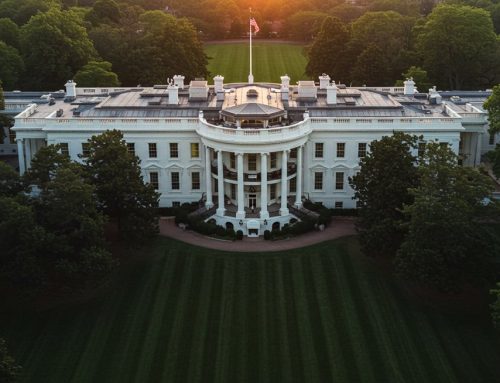During his Senate Judiciary Committee confirmation hearing on April 30, 2025, Terry Cole, President Trump’s nominee for DEA Administrator, addressed concerns regarding the stalled cannabis rescheduling process. Cole, a long-serving DEA official, acknowledged that administrative proceedings have faced significant delays and pledged to make reviewing the process a priority.
Cole indicated awareness of the procedural backlog and stressed the importance of advancing the issue. In response to questions from lawmakers, he emphasized the need to examine the rescheduling review thoroughly before making any definitive decisions. His remarks reflect an acknowledgment of growing political and public pressure to modernize federal cannabis policy, while also maintaining an administrative commitment to due process.
Background on the Rescheduling Proposal
The proposal to reclassify cannabis from Schedule I to Schedule III began in October 2022 when President Biden directed federal agencies to reexamine cannabis’s classification under the Controlled Substances Act. The Department of Health and Human Services completed its review in 2023, recommending that cannabis be moved to Schedule III in recognition of its accepted medical use.
Despite this recommendation, the DEA’s administrative process to finalize rescheduling has been repeatedly delayed. A major setback occurred in January 2025 when DEA Chief Administrative Law Judge John J. Mulrooney granted an interlocutory appeal, stemming from allegations of improper communication between DEA officials and opponents of cannabis reform. This development has stalled progress, leaving the timeline for a decision uncertain.
Cole’s Stance and Future Responsibilities
If confirmed as DEA Administrator, Terry Cole would inherit the authority to set the briefing schedule for the pending interlocutory appeal, entertain oral arguments, and ultimately decide whether to allow the rescheduling hearing to proceed. Cole’s testimony suggests he intends to prioritize moving the administrative process forward, though he stopped short of endorsing the reclassification itself.
He emphasized that any decision regarding rescheduling would require a careful review of all scientific evidence and administrative records. This cautious approach aligns with the DEA’s traditionally conservative handling of drug scheduling decisions, even amid increased political momentum for cannabis reform.
Implications for the Cannabis Industry
Reclassifying cannabis to Schedule III would significantly impact the cannabis industry. Such a change would federally acknowledge the medical use of cannabis, potentially open new avenues for research, and allow businesses to claim standard tax deductions currently denied under Section 280E of the Internal Revenue Code.
However, persistent administrative delays and the absence of firm commitments from DEA leadership have deepened industry uncertainty. Cannabis businesses, investors, and state regulators are closely monitoring the situation, recognizing that federal policy shifts could either catalyze further reform or entrench existing challenges.
As the Senate moves forward with Cole’s confirmation process, the cannabis industry remains cautiously optimistic that federal rescheduling will eventually proceed, albeit on an uncertain timeline.






